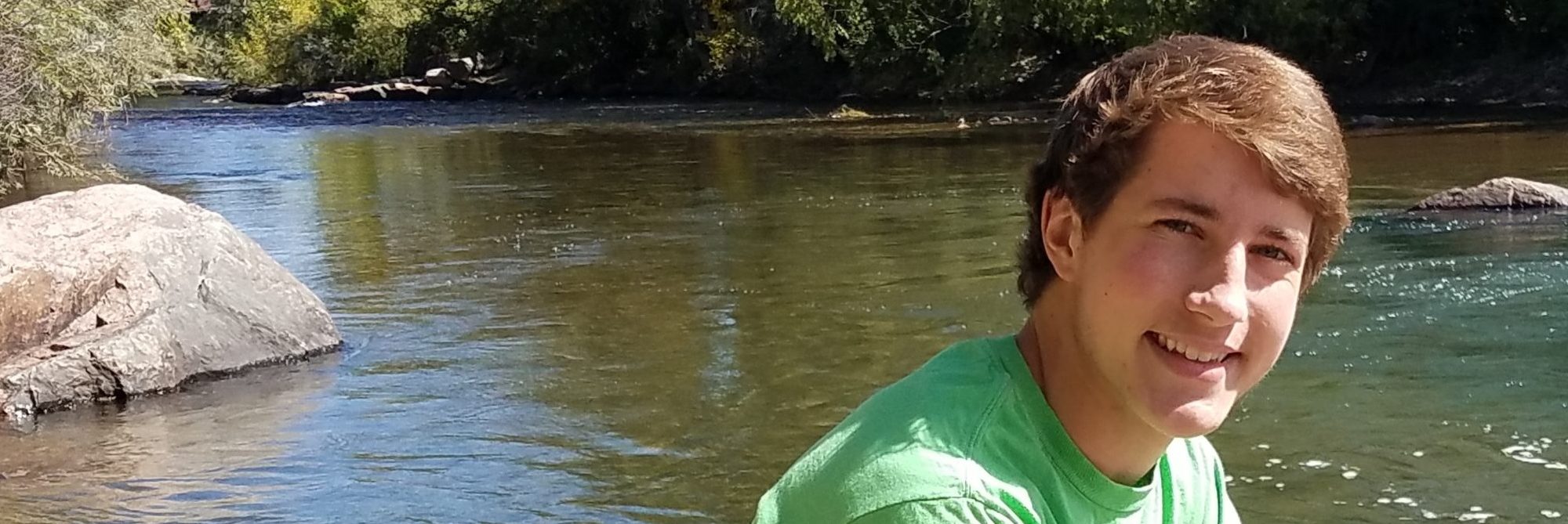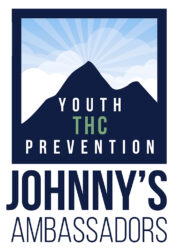It was the middle-of-the-night knock on the door that every parent with a teenager fears: the police. But the call wasn’t to bail out an adolescent who got in trouble. Instead, it was the grim news that Johnny Stack, age 19, was dead. Suicide.
Three days earlier, Johnny had popped in for a home-cooked meal with parents Laura and John Stack. Agitated but lucid, he announced to his mother that she was right: marijuana and drugs had hurt his brain, ruined his life and mind. “I love you,” Johnny proclaimed.
Three days later, he was dead—the victim of using high-potency THC (commonly known as dab) that had triggered paranoia, schizophrenia and psychotic incidents.
How do you cope with this devastating news? It’s something I needed to understand. Suicide is the second leading cause of death among young Americans age 15 to 24, according to data released by the Centers for Disease Control and Prevention.
Besides my professional interest in resiliency, there’s more: Laura and I have known each other for decades. She’s an accomplished businesswoman, known as The Productivity Pro, the author of eight books, and a former fellow member on the board of directors for the National Speakers Association.
Johnny’s death was too close to home and my heart.
Through our conversation interspersed with tears, Laura offered insights into her experience, hopeful that parents would feel supported and consoled by this sharing.
1. With the death of a child, you now carry a metaphorical backpack that at times will flatten you to the ground and you can scarcely walk.
“I alternated between screaming, sobbing, and being unable to talk to anyone other than my immediate family. Food was meaningless and sleep impossible. Tremendous nightmares would come. Some days I felt like I was drowning. Feelings of guilt surfaced no matter how we had tried to help Johnny.”
2. Realize that the process of closing off your child’s life is mean, painful, difficult, and often maddening in its tediousness.
“Within a 24-hour period, we were allowed to see Johnny’s body and then it was taken to the coroner’s for an autopsy, then back to the health facility where various organizations were taking whatever part of Johnny could be used: skin, ligaments, eyes, etc. Arrangements had to be made for cremation and his ashes interned into a memorial garden wall at our church.”
3. Beware of negative self-talk, blame and guilt.
“Easier said than done. I’ve been told that many parents experience moments of self-doubt, blame and guilt. When this negative self-talk started, I knew I needed to really consider what I was telling myself. I realized we did the best we could. His death was not our fault. We could only go so far in trying to keep Johnny safe from his choices. But at some point, his life was out of our hands. We reframed guilt as regret.”
4. Go to your primary care physician and get medicine if you need it to help you sleep and take the edge off anxiety.
“Without sleep, I was unable to function. By getting a short-term prescription, I managed to get through the days. This is not the time to pretend you can cope without medical assistance.”
5. Surround yourself with loved ones and friends who know that talk might be impossible, but that hugs and meals are always welcome. You have no idea how precious friends and colleagues are.
“We had a dear friend who arranged a meal train. We put a cooler outside the front door with a sign on it that said, ‘Thanks so much. We will talk when we can.’ The numbers of people who attended his service was overwhelming. Some days I just sit and read the hundreds of cards we got. I also know that you build friends over time and not just when you need them.”
6. Get help. Realize how very vulnerable you are, and this is not the time to pretend to be strong.
“I’ve always prided myself on being able to organize and handle everything. Not so with Johnny’s death. Both my husband John and I sought counseling, finding different therapists that matched our different needs. It was a stretch for me to realize that although I could speak to hundreds and run a successful business for over 28 years, this was something I could not do alone.”
7. Write. Get a journal. Taking emotions out of your head and putting them on paper allows you to see and feel more clearly.
“I posted what happened on Facebook. I put out everything I was learning about the dangers of this high potency drug. Teen suicide is spiking in my state of Colorado with the legalization of marijuana. Since that post appeared, I have had over 17,000 views!”
8. Stay close to your life partner if you are blessed to have one.
“John and I could not get through this without each other. We made this child together. We must keep this child—our forever 19-year-old son—with us.”
9. Join grief support groups.
“We belong to three groups because each one offers something different. Check out GriefShare for ongoing, weekly work. Survivors of Suicides meets once a month and we also attend a monthly grief group for Parents of Suicides through a local church.
10. Turn your loss into something positive and larger than yourself.
“Johnny’s death will not be in vain. We are starting a foundation to educate parents and students about the danger of dabbing. We just got our url: http://www.stopteensuicidebypot.org and will soon have up a web site. I’m accepting invitations to speak and share Johnny’s story. This my new mission.”
11. Turn to God, feeling grateful for his life.
“During times of sorrow, you need hope. Faith is our solace. We are comforted by our faith that Johnny is in God’s presence, he is healed, and we will see him again.”
In the months since this tragic event, Laura and John have been on a mission to educate parents and educators.
Note: Laura and I both hope that readers of this article find something to help and sustain them in coping with an unbelievable tragedy. Go find Laura Stack on Facebook http://www.facebook.com/laurastack and read her account and the dangers of dabbing.
To live in this world you must be able to do three things: to love what is mortal; to hold it against your bones knowing your own life depends on it; and, when the time comes to let it go, to let it go. ~ Mary Oliver ~ “In Blackwater Woods”
This article was originally published at thriveglobal.com.

